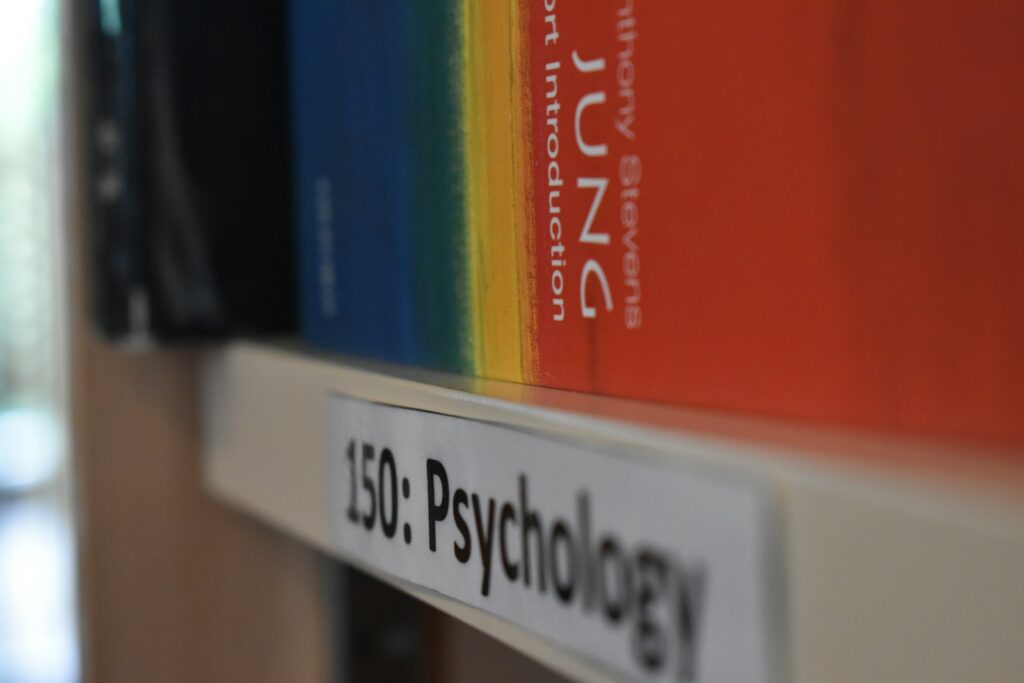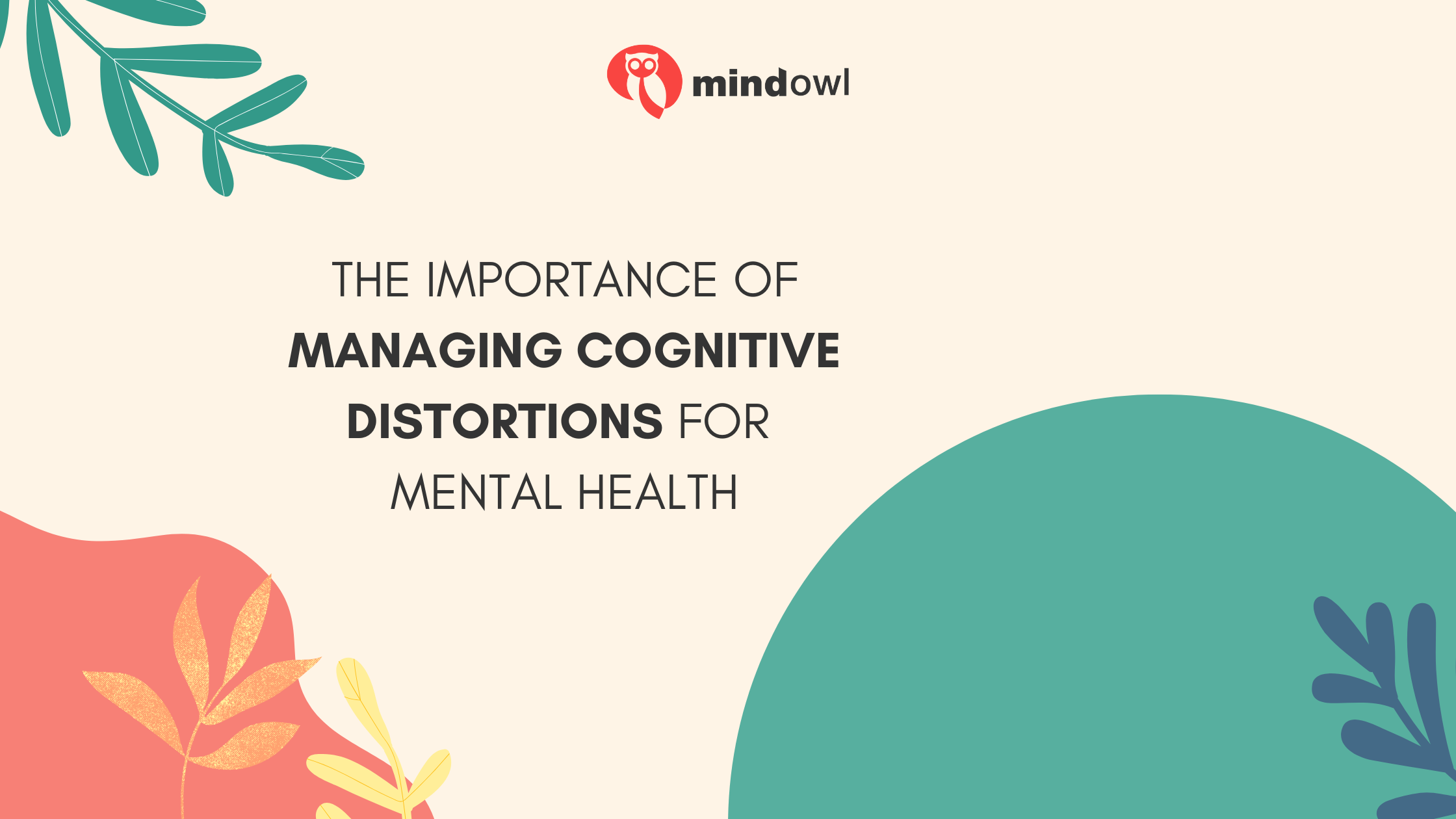Therapy functions as a transformative source that helps people gain personal advancement while recovering their mental health. Doing all the necessary work does not always prevent experiencing getting stuck. The existence of cognitive distortions functions as one possible explanation for feeling stuck because these deep-seated automatic thought patterns change the way our experiences appear to us. Internal thought patterns obscure reality while reinforcing negative beliefs when we work through important internal changes in therapy. Awareness of mental patterns together with their active challenge produces important benefits for healing individuals.
Understanding Cognitive Distortions
Unhelpful beliefs regarding our identity as well as other people or the world develop because of distorted cognitive thinking patterns that are exaggerated and incorrect. Such thoughts emerge because of stressful circumstances together with interpersonal conflicts and emotionally intense situations. Regular cognitive distortions create a deep impact on both mood and behavior while restricting personal growth. These distortions naturally occur within most individuals although they might not persist continually.
Patients need therapy to become aware of automatic emotional patterns which therapists explore during the first stage of treatment. Learning about these patterns enables clients to differentiate actual events from their mental interpretations leading to a growth of more truthful and balanced thinking. The absence of distortion awareness prevents people from advancing because it forces them to stay trapped in loops of doubtful moments and fear-based emotions while undergoing continuous self-criticism.

Common Thought Patterns That Interfere with Growth
People tend to use all-or-nothing thinking which maintains extreme perspectives with no ground for middle areas as one of the major thought distorts. Your thinking enters an all-or-nothing state so you conclude total failure after any small daily struggle occurs. Evaluation abilities lead many people to concoct mental pictures about the thoughts or intentions of others which often turn out negative although the evidence never materializes.
People apply personal responsibility to aspects that are not within their influence through personalization distortions. The situation never concerned them but they still feel deep guilt or shame. Through filtering people learn to concentrate on unfavorable elements by disregarding all positive developments. These patterns operate silently within our daily experiences while producing interference regarding how well patients perceive their therapeutic development.
The Impact on Therapy Progress
The absence of addressing cognitive distortions in therapy results in perseverance being judged ineffective. An individual could believe they are not improving because of weekly deteriorations when actual progress has been demonstrated over the past weeks. Customers who experience these faulty mental processes may develop feelings of frustration that could eventually lead them to prematurely conclude therapy.
Therapy growth happens in an erratic pattern rather than following a straight path. The fluctuation between positive and negative moments becomes more challenging to recognize because the cognitive distortions interfere with broad understanding. People overlook development and exclusively concentrate on failed attempts. These negative perceptions have dual effects on both individual self-esteem as well as they reduce their faith in therapeutic methods. Therapy sessions tend to repeat past mistakes and fail to advance when patients let distorted thoughts rule their assessments.
Challenging and Changing Thought Patterns
The positive aspect is that mental distortions become subject to therapeutic intervention. The main therapeutic objective of cognitive-behavioral therapy and other approaches aims to teach clients about recognizing problematic thoughts while teaching them to restructure them. The therapy starts with noting down thoughts which lead to examining supporting and opposing evidence. Such strategies lead to better flexible thinking that conforms with reality.
With practice people will discover how to stop themselves when a cognitive distortion appears and verify its factual validity. Repeated practice enables the release of automatic patterns to create new habits of thought. Each initial small change contributes to the development of emotional strength which results in better personal growth visibility.
Moving Forward with Greater Awareness
These psychological distortions serve as natural responses of human beings. Such patterns work beneath the surface to break down even powerful mental efforts if we do not study them. The therapy environment provides clients with a protected environment to discover these behavioral patterns so they can initiate their transformation. Clients gain better capabilities to confront their difficulties through newly acquired self-discovery that brings accurate perception and inner strength.
Inscription of progress becomes possible as people learn to change their thinking habits. People start to recognize their inner resilience and capability for reflection and flexible response patterns after they escape repetitive cycles. Therapy serves multiple purposes beyond retrospective examination as clients develop their future prospects during treatment sessions.
MindOwl Founder – My own struggles in life have led me to this path of understanding the human condition. I graduated with a bachelor’s degree in philosophy before completing a master’s degree in psychology at Regent’s University London. I then completed a postgraduate diploma in philosophical counselling before being trained in ACT (Acceptance and commitment therapy).
I’ve spent the last eight years studying the encounter of meditative practices with modern psychology.

